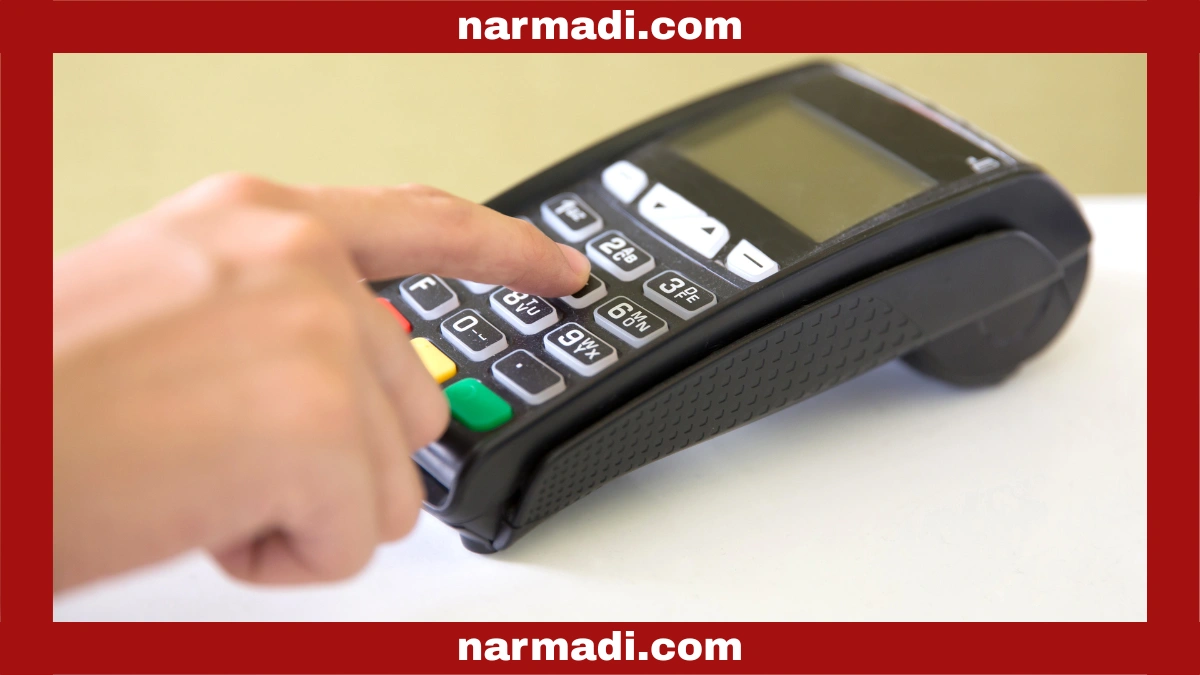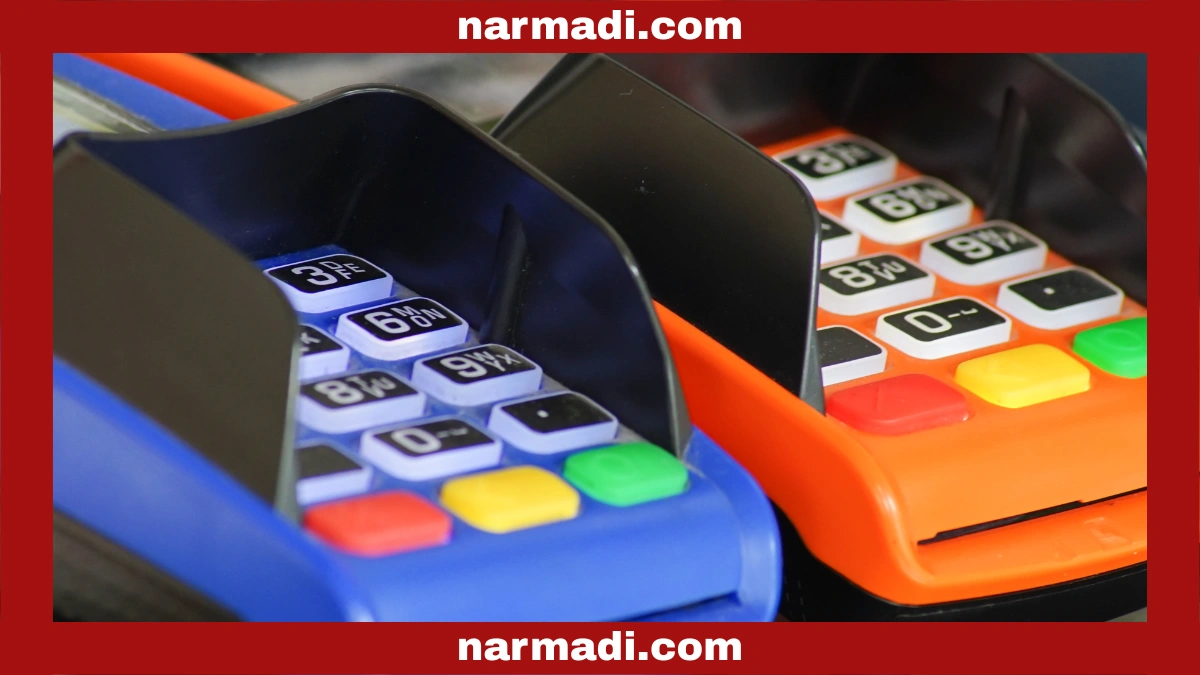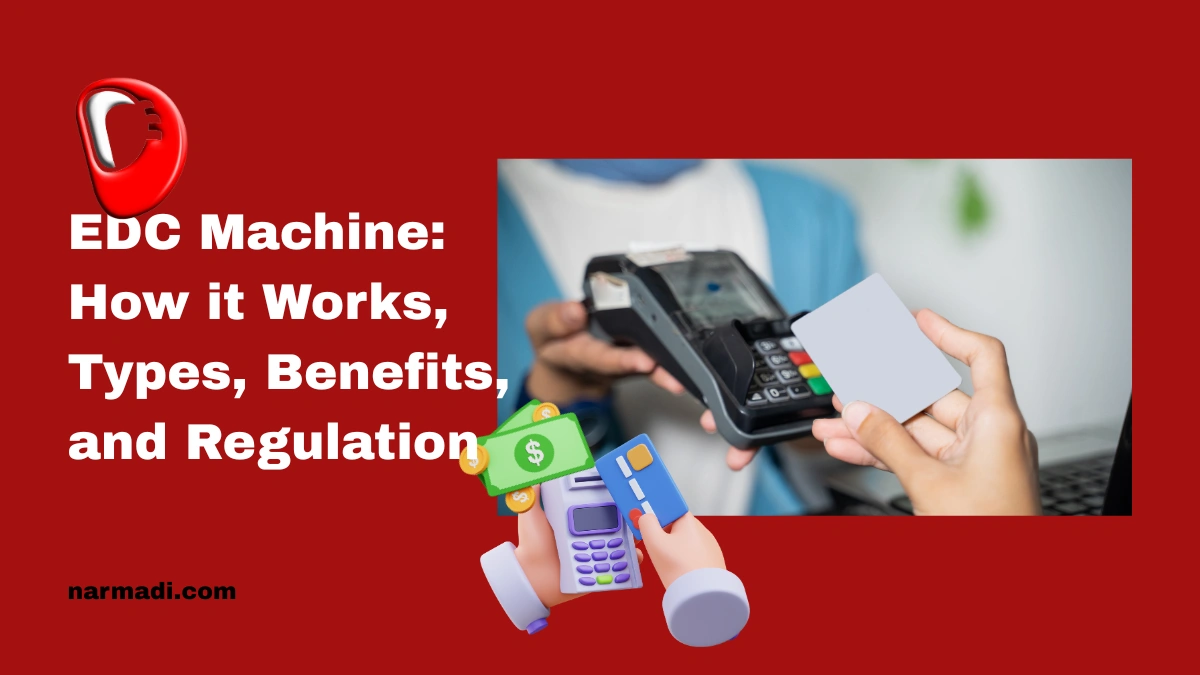Currently, digital payment systems continue to evolve, leading to an increase in cashless transactions. EDC machines are the solution to the business world’s need for efficient cashless payments.
EDC machines offer numerous conveniences and security features for making cashless payments. Therefore, this tool is often used in various commercial activities as a practical, fast, and seamless payment method.
This article provides an in-depth discussion of EDC machines, beginning with their definition, personal principles, various types, benefits, and the regulations governing their use in each country.
What is an EDC Machine?

An EDC (Electronic Data Capture) machine is a device used to make cashless payments. Typically, payments are made using credit cards, debit cards, or QRIS.
These machines are commonly found in stores, restaurants, and other businesses that accept card payments. Their presence helps the business sector support fast and secure payment transactions.
EDC machines are equipped with scanners that can read the magnetic strip or chip on a card. The scanner sends payment information to the card-issuing bank, enabling real-time payment transactions.
How Does it Work?
In general, EDC machines work by capturing data from inserted cards, then providing access for payment authorization. Here is how it works in detail:
- Connect to the network: To perform real-time transactions, the machine must first be connected to the internet or a cellular network.
- Card data scanning: The card inserted by the user is scanned to read the data via the magnetic strip or chip on the card.
- Transaction processing: The machine sends the transaction information to the banking server for verification and validation.
- Authentication and authorization: The customer enters their card PIN to confirm the transaction, and the banking server verifies the data to check the balance or credit limit.
- Transaction completion: If the data and balance match, the transaction is approved, and the machine will immediately print a receipt as proof of payment. However, if it is not approved, the transaction will be rejected.
- Settlement: Funds from the transaction do not immediately enter the seller’s account in real-time.
The Types

Several types of EDC machines can be tailored to suit your needs and business type. Here are some of them:
- GPRS EDC Machine: Uses a cellular network, suitable for use in locations without a wired network.
- LAN EDC Machine: Utilize the internet via a LAN cable, typically employed in locations with a stable internet connection.
- NFC EDC Machine: Uses NFC technology; this type of EDC allows contactless payments by simply tapping a card on the device.
- Bluetooth EDC Machine: Utilizes Bluetooth technology to connect with devices featuring digital cash register systems.
The Benefits
By using an EDC machine, customers and merchants can enjoy several key benefits. Here are some of them:
- High level of security: Cashless transactions provide a high level of security, as customers do not need to carry cash, and transactions require PIN verification.
- Improved customer convenience: EDC offers ease and speed of transactions, with faster automatic payments and reduced queues.
- Expanded customer base: The ability to accept various types of payments according to preferences will further develop and attract many customers.
- Simplifying daily reports: This machine records all transaction processes in real-time, making daily financial reports faster and minimizing recording errors.
The Regulation

The EDC machine operates within a specific frequency spectrum. In every country, all Bluetooth, NFC, cellular network (4G), or WiFi-based wireless devices are required to have Radio Frequency (RF) Certification.
EDC machine regulations require all radio frequency-based devices to meet certain technical standards before they can be sold in that country. This certification ensures that the product complies with government safety and quality regulations and does not interfere with other communication devices.
Here are some regulations in Asia that must be passed:
- Indonesia: DJID Certification
- Malaysia: SIRIM Certification
- Thailand: NBTC Certification
- Singapore: IMDA Certification
- Philippines: NTC Certification
- Vietnam: MoST Certification
- Cambodia: TRC Certification
- India: WPC ETA and TEC MTCTE Certification
The certification process involves technical testing, including frequency adjustment, safety checks, and verification of compatibility with the surrounding environment. Once testing is complete, products that pass will be listed in a Test Report, confirming that they are safe and ready for sale. This report assures customers that the product meets technical standards and is secure.
For companies wishing to sell the EDC machine, Dimulti as Product Compliance Specialists, is available to assist with this process. This service includes preparing technical and legal documents, conducting the necessary testing, ensuring regulatory compliance, helping companies streamline the certification process, and providing consumers with confidence in certified products. [UN]

